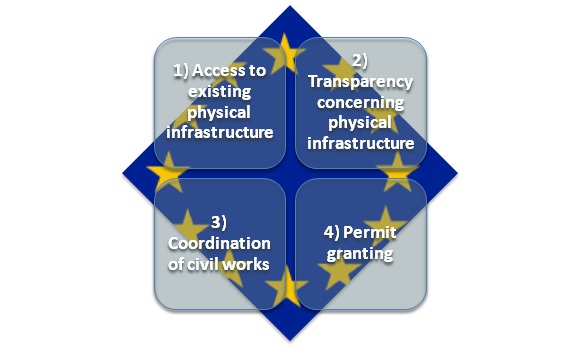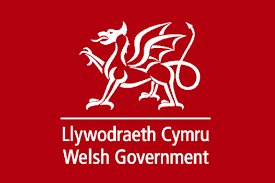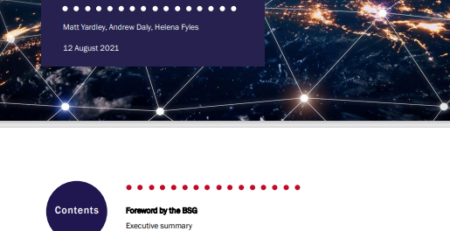Well intended, ultimately burdensome? EC proposes new rules to cut costs
Despite the setbacks faced by the Commissioner Neelie Kroes last month with the significant cut to the Connecting Europe Facility, there is still significant political will to push through the vision of the Commission’s Digital Agenda for Europe. Wednesday’s announcement of a series of regulations aimed at ‘burning red tape’ in high-speed broadband roll out across Europe can be seen very much as part of that will in a way which has no direct implications for the EU Budget.
So, let’s run-through the headline proposals. Firstly, the Commissioner wants all new or renovated buildings to be high-speed-broadband-ready. Secondly, there is a vision for open access to infrastructure on ‘fair and reasonable terms and conditions’. Thirdly, the Commission want to bring about an end to the insufficient coordination of civil works, by enabling any network operator to negotiate agreements with other infrastructure providers. And finally, Kroes wants the permit-granting process simplified, especially for masts and antennas (to six months and with clear points of contact).
Parallel analysis by Analysis Mason had suggested that this would cut the cost of rolling out high-speed Internet by 30% and could save companies €40 to 60 billion. The proposals come off the back of a public consultation on cost reductions last year (their crowdsourcing page on how to reduce costs is still live if you still want to submit an idea).
Whilst the objectives of the proposed intervention are well intended, there are some that will view this move as counterproductive and potentially burdensome on business. The UK was credited as one of the member states with best practice in this area, and whilst the proposals state that it will “leave organisational issues very much to the discretion of Member States???, there are quarters that may well be concerned by the move.
The full proposed regulation is available here.





